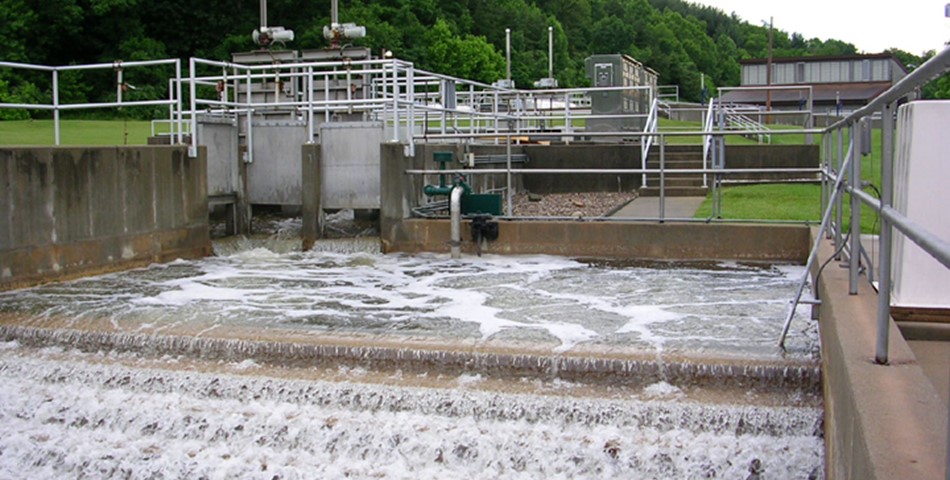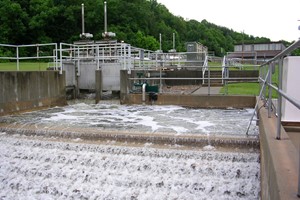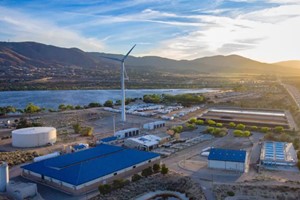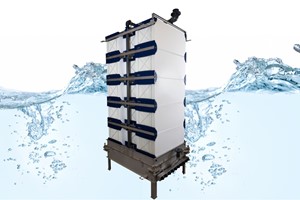In the realm of industrial water treatment, the adoption of Industry 4.0 technologies is proving to be a game-changer, offering a myriad of benefits that enhance productivity, cost-effectiveness, and operational efficiency. Decision-makers are increasingly exploring how these innovations could revolutionize their processes, resulting in numerous advantages.
- Enhanced Productivity and Skill Development: Embracing Industry 4.0 for water treatment necessitates upskilling the workforce and familiarizing them with cutting-edge technologies, platforms, and tools. One pioneering project in Dubai, employing virtual reality for employee training at a sewage treatment hub, exemplifies this transition. Expectations are high, with anticipated time savings of half an hour per worker per day and a 30% reduction in mistake-driven malfunctions and downtime hours. The immersive training content equips workers with essential knowledge and skills, aligning with strategic objectives for advanced infrastructure management.
- Cost Savings through Failure Reduction: The integration of Internet of Things (IoT) sensors into water treatment facilities enables real-time monitoring and improved visibility, even from remote locations. This proactive approach helps prevent costly disruptions and health hazards, such as waterborne illnesses. For instance, an Australian organization has witnessed significant savings through the installation of IoT sensors, projecting monthly savings of $400,000 associated with blockage removals. These sensors, with a lifespan exceeding five years, detect and address blockages before they escalate, contributing to substantial environmental and financial benefits.
- Reduction of Errors and Manual Tasks: Strategic automation, a hallmark of Industry 4.0, streamlines processes and minimizes manual tasks in water treatment plants. Innovations like automated tools developed by the United States Department of Energy’s Oak Ridge National Laboratory leverage machine learning to optimize treatment methods, enhancing affordability and efficiency. Similarly, a robotic solution designed by a team from the University of São Paulo automates wastewater analysis, significantly reducing time and resources while ensuring safety.
Embracing High-Tech Industrial Water Treatment Methods: The examples above underscore the transformative potential of Industry 4.0 technologies in water treatment, offering a roadmap for cost reduction, process optimization, and heightened visibility. However, successful implementation requires careful consideration of goals, timelines, and workforce readiness. Moreover, cybersecurity must be prioritized to mitigate potential risks associated with increased digitalization.
Using Industry 4.0 for water treatment represents a paradigm shift, empowering decision-makers to overcome challenges and drive sustainable growth. As these technologies become increasingly accessible, leveraging them to enhance efficiency and resilience is not just an option but a strategic imperative for the wastewater treatment industry.
By Emily Newton














